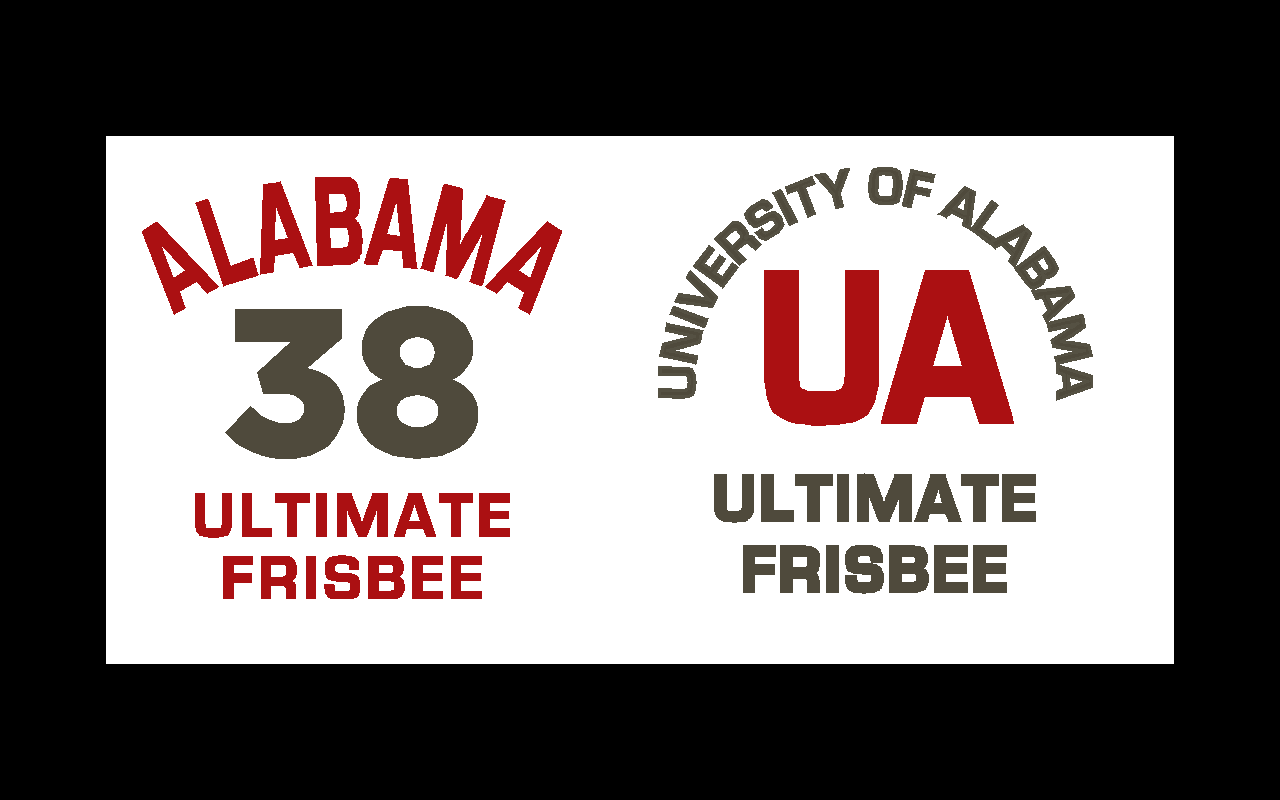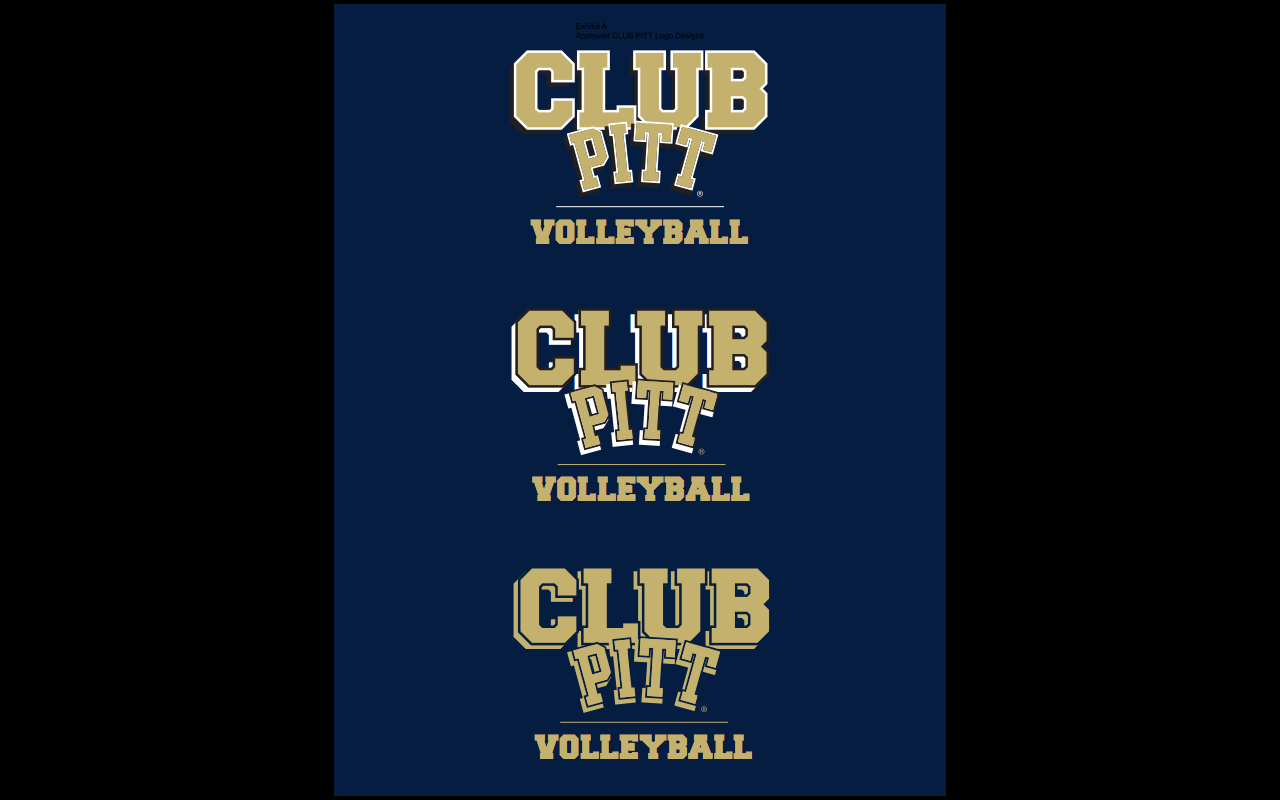October 23, 2014 by Preston Thompson in Analysis, News with 37 comments

In early September, the University of Alabama held a regular meeting for the officers of club sports. Topics included the new concussion policy, club sports funding allocation system, and the use of school logos. While the first two are very important, most officers for their respective team have heard it all before, and would hear it all again in the spring.
The point of interest here came when the representative from the University Licensing office stood up to speak. After some statements about how the University is honored to be represented by such fine student athletes, he proceeded to tell us fine student athletes that we were no longer allowed to use any University logo. To be exact, we were not allowed any of the following:
- Any color besides Crimson, White, Black, and Silver.
- Elephants.
- “Big AL”
- The Alabama Script A.
- The Houndstooth Pattern (Officially trademarked by Bear Bryant Jr.)
- The word “Alabama” unless preceded by “The University of.”
- The phrase “Bama.”
- Any font except “Gothic.”
- Any logo besides the approved “Gothic Font” logo unless specifically approved.
- Any apparel vendors not associated with the University unless specifically approved. (Excludes all major ultimate apparel companies.)
Naturally, in our frustration, we took to the web. Eventually the story reached the school paper. Shortly after, ESPN’s Jay Bilas joined the conversation:
Why It’s Important
This raises an issue. At the collegiate level, club ultimate is the highest level of competition you’ll find. And while schools like Carleton and Colorado continue to receive recognition for their achievements, many schools are still trapped under the shadow of D-1 athletics and the accompanying licensing struggles.
This is not a new fight for Ultimate. We’ve made great strides in recognition, but in some places of the country we remain a game rather than a sport. There’s a connection between being prohibited from using official university names and icons and the lack of prestige our sport enjoys. The brand of The University of Alabama and many other schools has been reserved for varsity athletes, so that they can go forth and serve as honorable representatives of the school. We can’t be sure what’s keeping the licensing office from allowing us to represent our school, but the message they send to others who see our jerseys is that Alabama at the very least has a problem with something we are doing. There was a Reddit comment that summed it up best.
“Like football players are such great ambassadors of the brand? This is beyond silly. You want to see a true student athlete? Find your nearest club sports participant.”
And that’s true with Ultimate. We practice three to four times a week just for the opportunity to say that we are the best team in our state, conference, region, or nation. And we don’t do that so that we can say that this group of guys are the best at ultimate. We do it so that we can say that Alabama plays the best ultimate.
We play for our school; they should play for us.

Beyond the Scope of Tuscaloosa
This has also presented an issue for ultimate at the University of Pittsburgh, a more prominent team nationally with now a championship pedigree.
Pitt coach Nick Kaczmarek told Ultiworld about his past efforts in resolving the conflicts.
“We put together a detailed memo in the fall of 2013 to lay out our argument for using the PITT logo,” he said. “The theme of the memo — which included recommendations from USA Ultimate, ESPN, and CBS Sports — was that the use of the University logo allowed us to bring credibility to our team, our university, and our sport.”
The ESPN part of that statement is important. The “Worldwide Leader in Sports” wouldn’t be too happy to showcase an Ultimate powerhouse (at the College Championships for example) with a giant “CLUB” written on the front.
That multi-faceted appeal was denied.
“We will continue to push our appeal each year and work for more significant recognition from the university,” said Kaczmarek. “We feel that the club sport logo you see [at right] diminishes the image of our team and our sport — especially if it would appear on a national stage.”
Kaczmarek went on to say that he respects the decision of the University of Pittsburgh, but will continue to try to alleviate the concerns of the licensing office.
The issue really comes down to ultimate being taken seriously by the people that matter. In reality, the best way to grow ultimate right now is at the college level. When alumni flip through channels and happen to see that their alma mater Colorado is playing in a Championship game, they’re more likely to stop and watch. ESPN knows this, and we know this. So with college as the temporary frontier for ultimate coverage, it’s important that our universities are on board.
Let’s Find Support
Andy Lee, the director of Marketing and Communications for USA Ultimate, is also an ally in this process.
“Speaking from a general perspective, there can be tremendous value to both academic institutions and the student-athletes and teams that represent them when access to a school’s logos, marks, or identities is permitted,” Lee told Ultiworld. “For club teams and student-athletes (and the sport of ultimate in this instance), permission to use those brands can lead to an enhanced sense of legitimacy, recognition and visibility and a more positive image, which are all very important.”
This is the exact response you want from your governing body. However, you also want them to have a firm grasp on the situation as it sits from both sides. Lee provides a snap back into reality.
“At the end of the day, club sports teams are representing their affiliated institutions and alumni (albeit on a smaller stage than major revenue-generating varsity sports), but it’s understandable that there are checks and balances in place to ensure that their image is being protected,” he said. “There are varying degrees of oversight exercised by schools of their club sports departments, and as a result there are teams that unfortunately take advantage of this.”
In simpler terms, some team names — like, for example, NYU Purple Haze — have obvious tension with athletic directors and universities. Alabama Ultimate is now prohibited from using the phrase “Yellow Hammer,” even though that is the official name of the university’s ultimate team. A name change isn’t something any team wants to go through, and many teams use names that are not at all affiliated with their university’s mascot or varsity team name.
“It’s important that club sports teams have access to the same identities as their varsity counterparts for a variety of reasons,” Lee said. “However, the reality is that it’s a rare occurrence. So having a voice in an alternate identity is important, only if done respectfully and appropriately.”
Not to demonize our past and current stereotypes, but ultimate to authority often does not scream “respectfully and appropriately.”
Perhaps the sensible approach is for universities to say, ‘you want to use your own logos or use our copyrights? Fine. Use your own logos or team names and you will no longer be recognized by the University.’ Change comes in small steps, not giant leaps and bounds.
What can we do? Call the licensing office and ask simply, “Why?” After that, explain how getting this policy changed is to the advantage of both parties. The University will only change the rule if they feel that, because of the current regulation, they are being poorly represented. It’s not about honor and fairness; it’s about good PR.
And remember that we often take this fight to a generation that remembers the Frisbee as a toy and only that. But on our side is a sport with an incredible amount of player dedication and competitive energy. So it will get there, in slow but notable steps.
***
For more information on Alabama ultimate’s drive to change the university’s restrictions on club sports, you can email [email protected] or like our Facebook page.